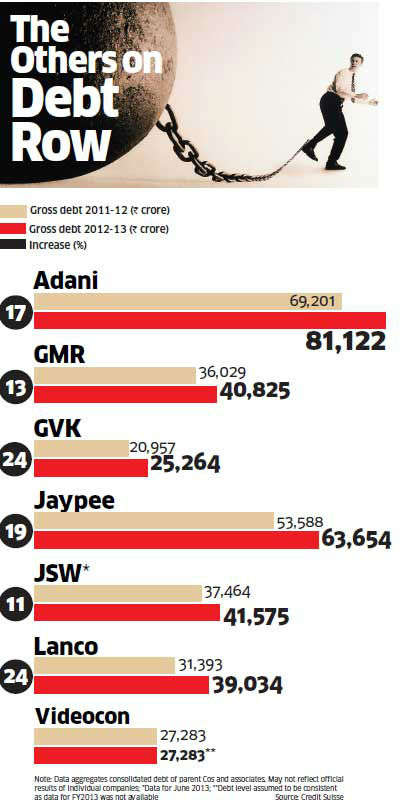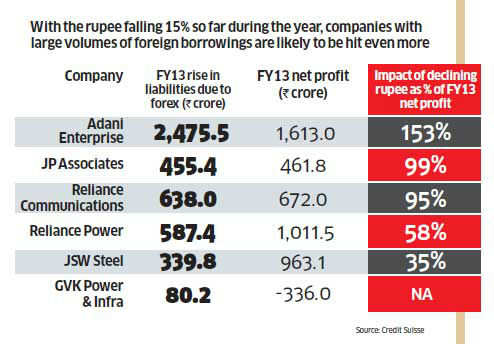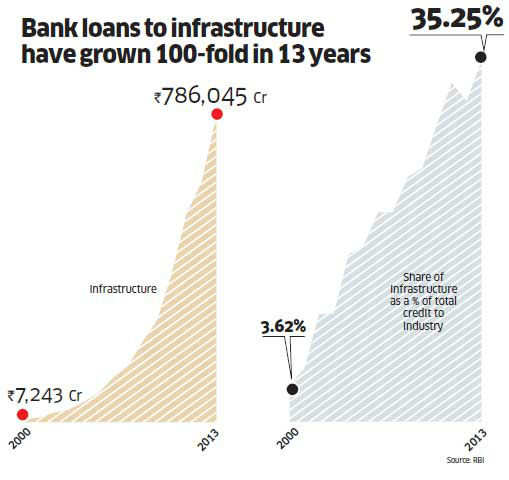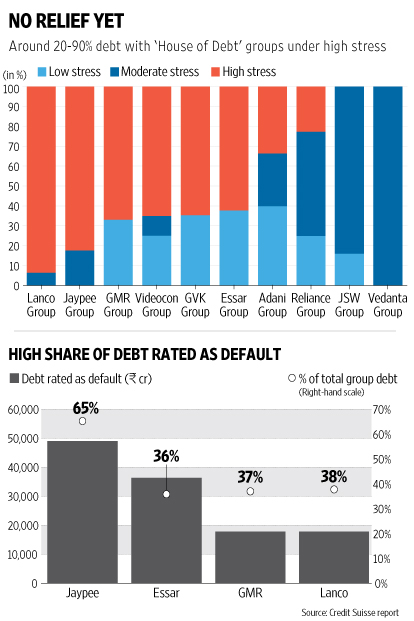Ofcourse, we are not going be on equal pace as the Chinese to hit the 10 trillion mark. We are probably going to take 3-5 years more.Supratik wrote:You are right. China had a blistering growth at the 2.5 trillion mark for 10 yrs which put it beyond 10 trllion. But India is growing more modestly. If India manages 9% growth plus 4-5% inflation till 2030 it will come close to 10 trillion. But it will require political and economic stability and steady currency. What happened under UPA2 was massive devaluation of currency from around 52 to 68. Also stable currency and predictability is good for growth. Too much strengthening of currency has its own problems.
What I find fascinating is we are 2.5t having currency rate of 65, where Chinese did 2.1t at 16. We have reached the 2.5 mark using a currency which is 4 time weaker compared to Chinese yuan. Our population size is almost the same. Given the fudging of currency Chicom were doing, I wondered why it was 16, why not 60?.
They obviously wanted to reach the GDP milestone as soon as possible for H&D purpose using top down investment and currency fudging.
The size of our market will help us in mitigating to some extend, the Japanese problem of trying to keep the yen extremely low to drive exports.
We are now in a sweet spot where we need to tremendously scale up our manufacturing and be the alternate to the Chinese.
Once we get the scale, why would anyone get it from the Chinese at four times the price?





